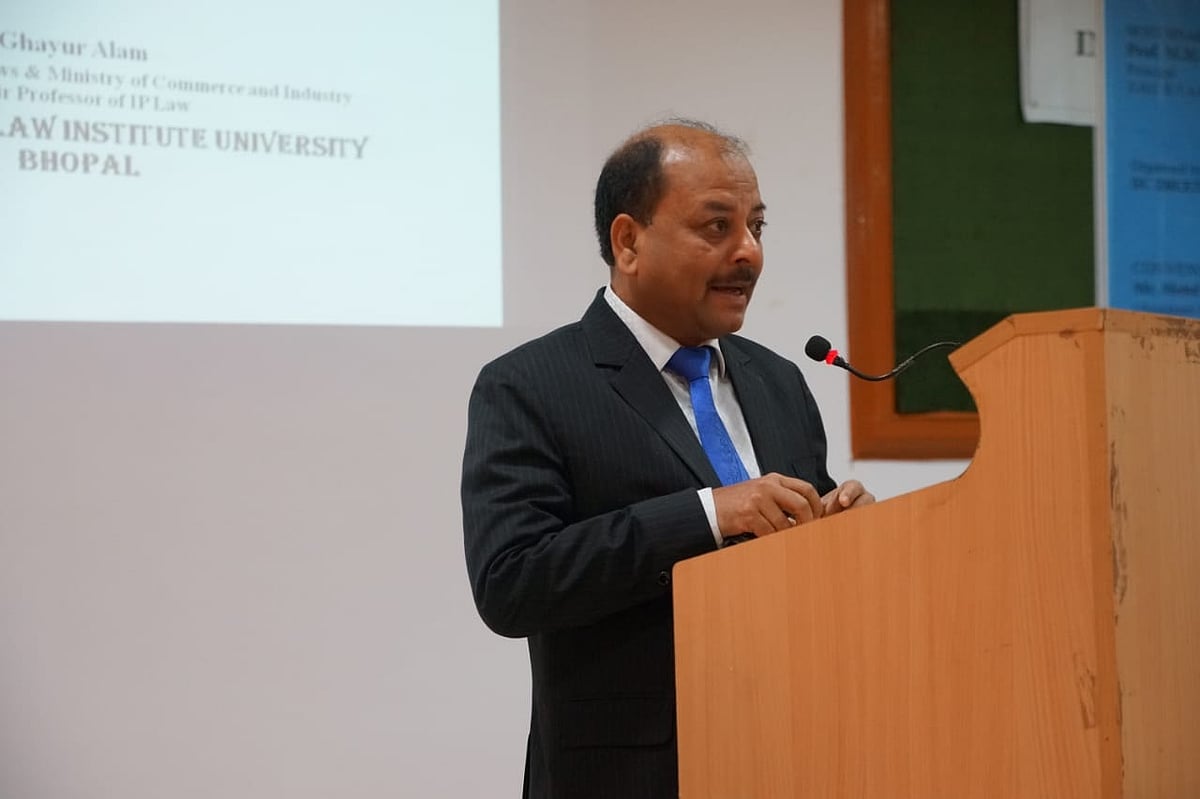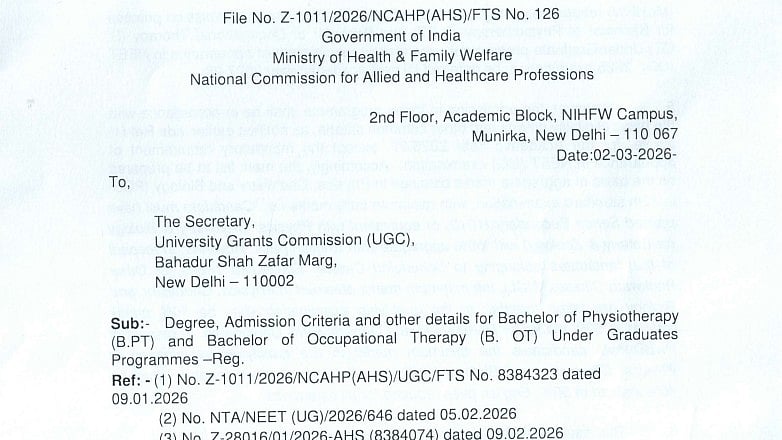Professor Ghayur Alam’s research paper on patent has been published by the World Trade Organisation journal. He is the only Indian to get space in 10th volume of the journal.
Professor in Business laws and IPR (Intellectual Property Rights) at the National Law Institute University, Bhopal, Ghayur Alam presented a paper on ‘Monsanto’s BT cotton patent, Indian courts and public policy’ in a meet in Geneva, Switzerland in June 2019.
This annual conference is organised by the World Trade Organisation (WTO) and the WIPO (World Intellectual Property Organisation) and the WIPO-WTO Colloquium Papers is a peer-reviewed academic journal published jointly by two bodies. It remains focused on intellectual rights and patents across the globe.
‘My paper was appreciated by intellectuals present in the meet. All research papers presented in the meet are not published in this journal. Four rounds of rigorous selection is done at various levels to finally appear in the journal,’ said Professor Alam.
This meet took a close look at the diverse legal, policy and practical challenges posed by the IP system for individual developing countries, together with thoughtful analysis of such issues as access to medicine, artificial intelligence, traditional knowledge and plant breeder’s rights and the challenges for various knowledge-based industries.
Prof Alam said that broadly speaking according to Indian law, plant or a part of plant cannot be patented. This was explained with reference to BT Cotton by Monsanto in India.
The conclusion of the papers said that India should explore the possibility of opting a combination of patents and an effective ‘sui generis’ system for the protection of plants. India should also try to implement the existing laws in an effective manner and develop policies for protecting and promoting the interests of farmers. The preeminent need of the hour is that the Government of India commission empirical studies to assess the benefits and burdens of patenting of seeds and plants. Theoretical and doctrinal studies are not going to serve the purpose.





